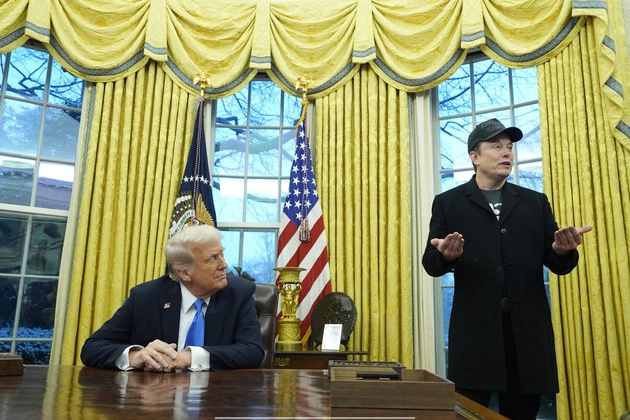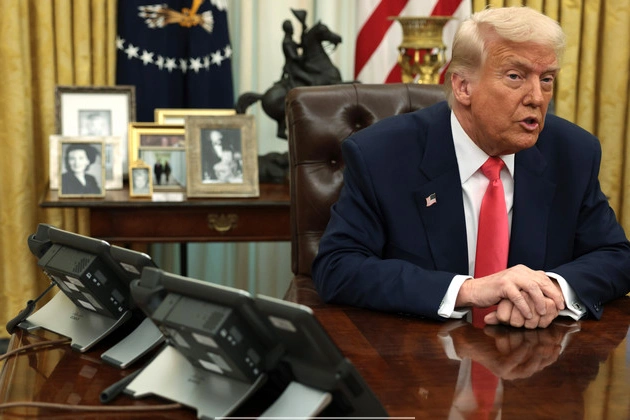
Legal Challenges Targeting Elon Musk
Elon Musk, known for his disruptive ventures, now faces legal battles targeting his role in the federal government. These lawsuits allege that Musk has amassed excessive power without the necessary checks and balances.
At the core of these legal disputes is the interpretation of the Constitution’s ‘appointments clause,’ which mandates formal appointment and Senate confirmation for powerful federal officers. While Musk leads the Department of Government Efficiency (DOGE), critics argue that his authority lacks legal grounding.
State and Federal Lawsuits
Recent lawsuits filed by state governments and federal employees challenge Musk’s ambiguous position within the government. They highlight concerns about potential misuse of power, unauthorized access to sensitive data, and disruption of established federal agencies.
Despite the legal scrutiny, Judge Tanya Chutkan refrained from issuing an emergency order to halt DOGE’s activities. The ongoing legal saga underscores the complexity of Musk’s unprecedented role and its impact on government operations.
Implications and Future Outlook
The legal battles against Musk could set a significant precedent regarding presidential appointments and the limits of executive power. As the cases unfold in Washington, D.C., and Maryland, the outcomes may shape the boundaries of private sector involvement in government affairs.
With Musk’s influence extending across multiple industries, including X, SpaceX, and Tesla, the legal scrutiny on his government role raises questions about accountability and transparency in high-level executive positions.















